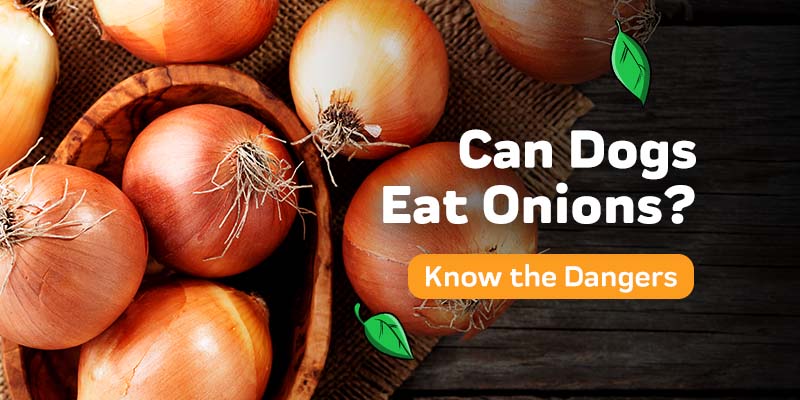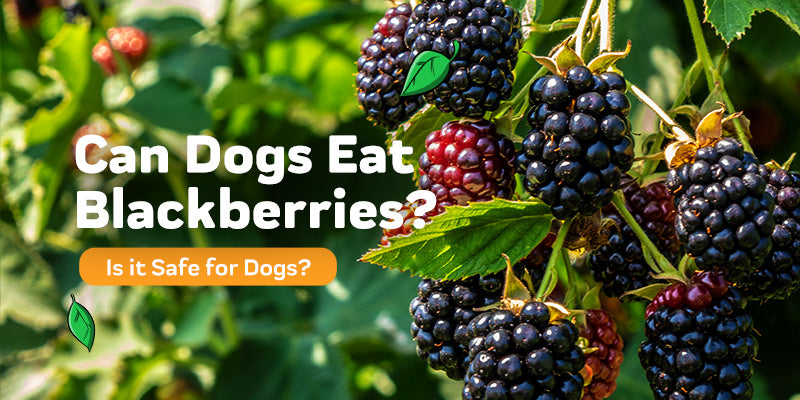Many pet owners can’t resist when their furry, four-legged friends come over to get a taste of a bowl of fresh fruits and snacks, and more often than not, we cave in to their irresistibly cute little snouts!
Although our pets usually love them, there are certain foods that should be kept clear and avoided as they can be harmful or possibly lead to death.
You should be relieved to know that cats can eat raspberries, but it’s important to know that they aren’t very good for them, either.

Cats are naturally carnivores. The bodies of carnivorous animals are designed to get their nutritional requirements from meats rather than fruits and vegetables.
While a fruit or veggie every now and then isn’t bad for your feline, they shouldn’t be included regularly into their diet. When raspberries are given in large amounts, it could disrupt your cat’s digestive system and result in diarrhea or an upset stomach.
- Can Cats Eat Raspberries?
- How Many Raspberries Can Cats Safely Eat?
- What Is Xylitol?
- Possible Side Effects of Cats Eating Raspberries
- How To Serve Raspberries To Your Cat?
- Can Cats Eat Raspberry Yogurt?
- What Foods Can Cats Eat?
- What Foods Can Cats NOT Eat?
- Conclusion
Can Cats Eat Raspberries?
Raspberries come from the same family as other berries and are an antioxidant that is an excellent source of minerals and vitamins, including vitamin A, vitamin C, calcium, dietary fiber, manganese, and potassium.
Humans often consume this fruit for its array of benefits, such as:
- Boosting immunity and helping protect against cancer
- Relieving nausea
- Reducing the risk of macular degeneration
- Improving heart health
- Aiding in diabetes management
- Combat obesity and aid in weight loss
You can serve raspberries both fresh or frozen. These can make for a tasty, succulent treat when served frozen on a hot summer's day.
Remember, cats are carnivores, so although raspberries are packed with antioxidants, they may not be able to get the most out of the fruit’s nutritional values.
If you’re looking to provide your feline with nutritional value and benefits, you may want to look into our PurCBD line of products for CBD Oil for Dogs and Cats.
How Many Raspberries Can Cats Safely Eat?
Cats can eat raspberries, but you should never give them raspberries in bulk or allow them to indulge in an entire bowl of raspberries. While raspberries are non-toxic to felines, they must only be given in minimal amounts. Just like humans, eating too much of one thing can be bad for you.
Cats are carnivores and require a dominant protein intake, thus their digestive systems are designed to process meats rather than plant-based sources.
Consuming more than the minimal amount may result in uncomfortable side effects that could disrupt your cat’s overall health, due to the amount of Xylitol in raspberries.
The maximum recommended amount of raspberries that should be given to your cat should only be 1 - 2 raspberries and only once or twice a week, which should be relatively safe for cats. It is much better if this fruit is served very seldom, and only occasionally.
What Is Xylitol?
You may have heard of Xylitol, an increasingly common substitute for sugar. Xylitol can pose to be dangerous for dogs, but is it the same for cats?
Raspberries may be healthy and provide many benefits, but it’s important to note that it also contains Xylitol. That’s why it’s important to ensure that your cats don’t eat too many raspberries.
Possible Side Effects of Cats Eating Raspberries
If a cat consumes over the recommended amount of raspberries, your cat may experience negative side effects such as:

- Abdominal pain
- Kidney Damage
- Dehydration
- Diarrhea
- Foul-smelling feces
- Kidney toxicity
- Upset stomach
How To Serve Raspberries To Your Cat?
If you are tempted to serve raspberries to your feline, you may serve them either fresh or frozen.
Frozen raspberries can make for a succulent, cold treat on a hot summer’s day, and also helps preserve their nutritional value. Whether fresh or frozen, be sure to thoroughly wash them before serving!
You’ll also want to make sure that your cat won’t readily have access to an ample amount of raspberries lying around - because these fruits are elegantly red, fruitfully luscious, and have a strong scent, it’s easy for our cat’s curiosity to get the best of
Can Cats Eat Raspberry Yogurt?
Just like raspberries, yogurt has a lot of benefits. Luckily, cats don’t really enjoy too much artificial sweets, and will most likely prefer plain yogurt over raspberry-flavored yogurt. Either way, you can definitely give your feline friend a scoop of raspberry yogurt if they’ll like it. Okay, so cats can eat raspberries in moderate amounts… but how about raspberry yogurt?
If your cat is one of the few that enjoys raspberry-flavored yogurt, be sure to limit their consumption.
What Foods Can Cats Eat?
If you’re considering giving your cat a raspberry, you might have also wondered what other fruits you can give to your cat. Here’s a quick list on some other tasty fruits you can give your cat occasionally, in small amounts.
Fruits Safe For Cats

- Blueberries
- Cantaloupe
- Peaches
- Strawberries
- Watermelon
Vegetables Safe For Cats
- Asparagus
- Banana
- Broccoli
- Carrots
- Celery
- Cucumber
What Foods Can Cats NOT Eat?
Just as it is important to know how many and what kind of fruits cats can eat, it’s also important to note this list of foods that cats definitely cannot, and should not eat, as they may be toxic and harm your cat’s health.
Foods That Are Poisonous to Cats
These foods should never be given to a cat, as they can be toxic and dangerous to their health.Conclusion
Raspberries are generally okay to give to your feline, but you should avoid giving them every day, and in large amounts. If you decide to give your cat some raspberries for the first time, you should introduce them slowly and individually, to see how their stomach reacts to it.
If your cat shows signs of uneasiness and an upset stomach, refrain from further giving them the fruit.
If your cat has no trouble consuming raspberries, it is recommended that you give no more than 1 - 2 raspberries once or twice a week only - and be sure to keep them out of your cat’s reach to prevent excess consumption.
Sources:
Healthy, Safe Snacks to Help Your Pet Slim DownEffects of P.O. Administered Xylitol in Cats
Fruits and Veggies for Pets
Dietary Polyphenols and Their Biological Significance
















